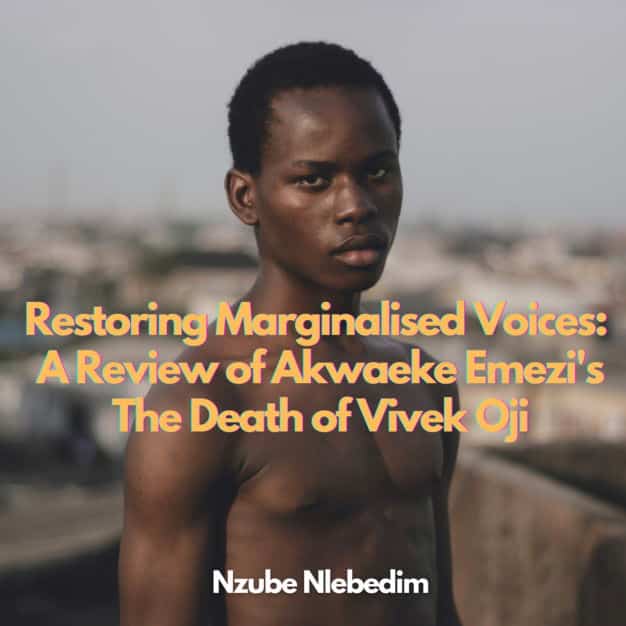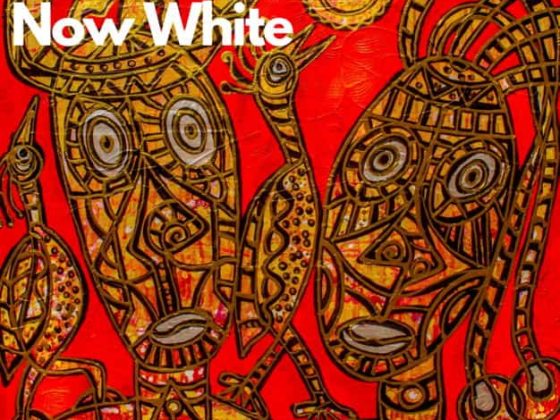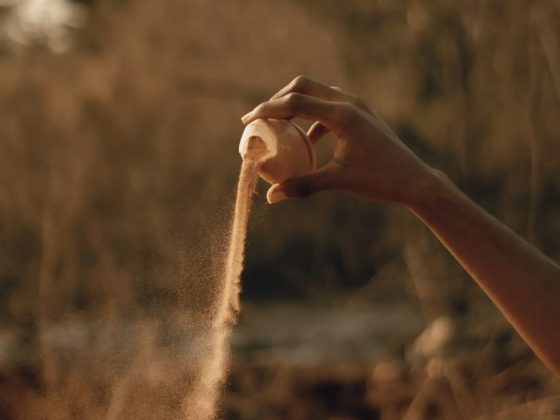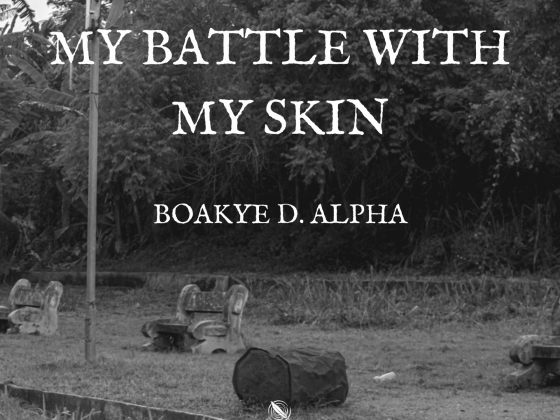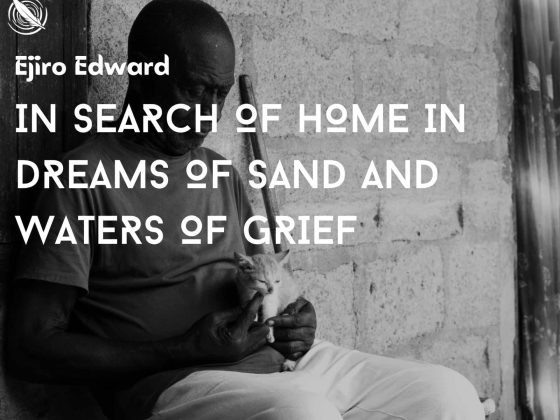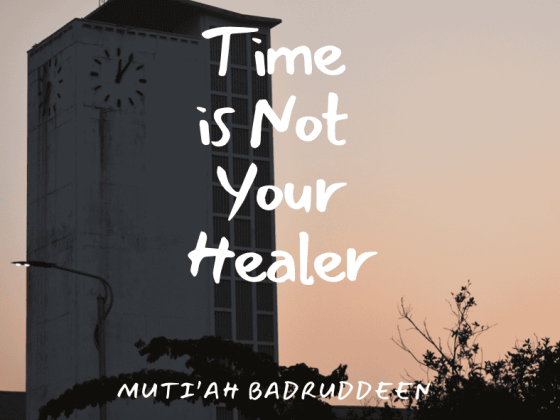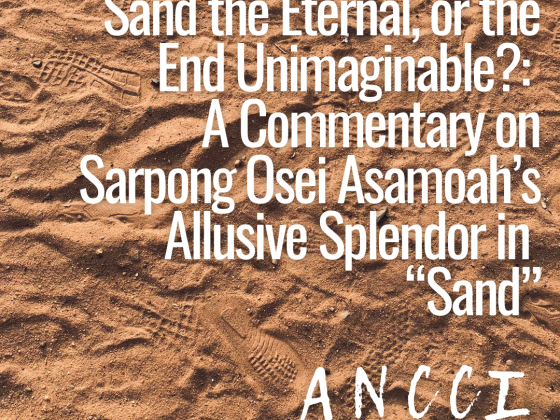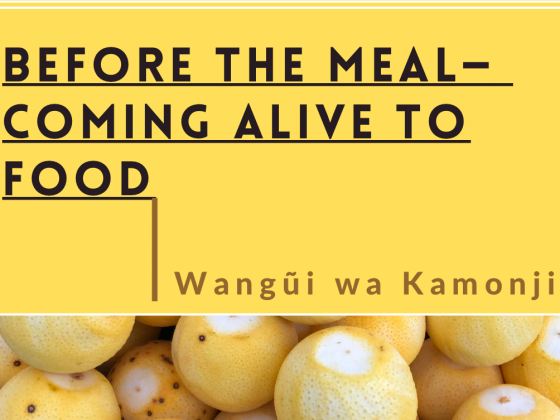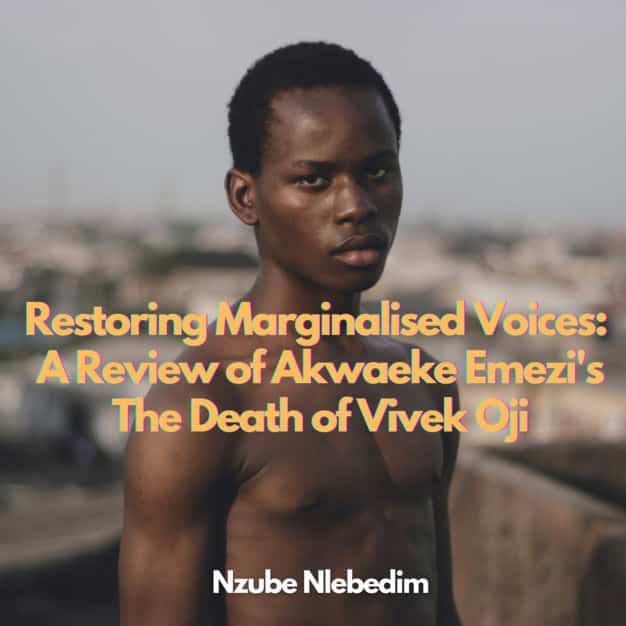
Author: Akwaeke Emezi
Book title: The Death of Vivek Oji
Publisher: Riverhead Books
Place of publication: New York
Year of publication: 2020
Number of pages: 178
Reviewer: Nzube Nlebedim
I had mentioned in the original manuscript of an essay I wrote some time ago titled “Of African Literature, Nomads and New Garments,” later published by The Republic, that “…going by the apparent criminalisation of homosexuality in most parts of Africa — and if I’m not so correct, Nigeria specifically, we have not so many — maybe half a handful, of texts from the 60s to the 80s that mention, let alone discuss, the theme of homosexuality.” I held in the essay that the seeping in of themes of homosexuality in works by African writers today is aided by the intrusion of Western culture which many Africans, and African writers have begun to emulate. Otosirieze Obi-Young in a December 18th, 2017 Brittle Paper-published article, held that queer literature in Africa is not a trend but has always been in existence in Africa. Akwaeke Emezi’s The Death of Vivek Oji surely supports mine and Obi-Young’s arguments.
At the threshold of literature in Africa today is the realisation that homosexuality is the norm. I would not be naïve to believe and say here that homosexuality is an entirely “foreign” sexual ideology or practice. I believe, and many do, too, that sex, rather than being a geographical experience is first of all a human one; that human beings are made to be whoever their destinies lead them to being. While others would be “straight” and heterosexual as is the “norm,” others would be “crooked,” “broken” and sexually “unorthodox,” choosing to enjoy the sexual process with members of their own gender. And we would not ignore those who decide to enjoy it from both sides, perpetually indecisive on striking a balance on being or not being. At this point, I would deliberately exclude the bestial who I feel belong to a different class of existence.
Right from time immemorial, there had always been homosexuals and bisexuals. Homosexuality has always been here, although veiled, shielded, only spoken about in whispers, or not spoken about at all. We have always been this way, quiet. What we lacked was simply a first voice that would blaze the trail for other voices to come up and follow. The raw, bristling energy and soul of the long-held silence, we would not be so shocked that its volume gained so much force in so short a time.
While I am inclined to paying due respect to whoever regardless of their sexual, religious or political dispositions and practices as long as they do not get in the way of general peaceful living and societal order, I still find myself raise my brows that have not been totally washed clean of its long held African morality that a man should naturally not desire for another man, nor a woman for another. It is these same unwashed brows that are reminiscent in the sparse literature of the 70s and 60s by daring-enough African authors who smeared the queer in their works with something close to shame. There was not anything good to be said by Soyinka, Awoonor or Armah about being homosexual. But what is, is, and I must acknowledge the fact that the world has changed from what it used to be to what it is now: one where people have long seen normalcy in not only being “queer” but acknowledging and asserting their identity as queer in public without fear of being stoned or carried and dumped in an odd forest somewhere. I can then reiterate confidently once more that while the practice is not alien to Africa and Africans, we are only quickly and surely finding our voices to speak up for it now.
If we can be very quick to ignore and perhaps forget the needless thirteenth chapter dedicated to a story on Ebenezer (a chapter that could have been simply converted into a perfectly written short story in itself), we would be left to appreciate the genuine, raw and elegant tone Emezi used to tell the story of Vivek Oji, the eponymous son who fought to be recognised as female. The author’s intention is met with success in the end when Vivek, in what we would call a divine push towards his end, dies wearing a dress during the burning of the market, held by his cousin cum lover, Osita. Vivek’s life is then a short but fulfilled tragedy. Vivek Oji is a hybrid character: the son of a Nigerian father and Indian mother, and a boy who displays his sexual preferences primarily to men rather than women as it is the socially-expected way. We are not exactly sure about the root cause of Vivek’s sexual orientation, neither are we let into what informed his decisions to be what he turns out to be. We only see him growing into his personality from childhood to his death. From the beginning of the story, however, Vivek is described as beautiful, bearing the semblance of a woman, and acting like one. When he grows, his love for his long hair, dresses and decision to be called Nnemdi complements and strengthens his effeminate posture.
Akwaeke Emezi, themself a proclaimed binary transgender writer, uses the power of mysticism and the belief in Igbo reincarnation to drive the points they make in the story. But we reach a cul de sac here. We do not exactly see the linkage between the flashes of memory Vivek has of his grandmother Ahunna, and the revelations he has of her, with his desire to be with men and act like a woman. The reader is introduced to it, but there is not established a clear rationale for the juxtaposition of mysticism and sexuality. To what extent, then, do we acknowledge the role of reincarnation on the behavioural pattern of Vivek Oji? To answer this question, we might draw up a conspiracy theory and propose the thesis for this essay that his grandmother Ahunna’s “possession” of Vivek affects the sync with his masculine self, makes him effeminate, and is the determinant factor to his sexuality. And so, while others see a man, Vivek takes on an existential feminine role throughout the book. Akwaeke’s masterly melding of the cliche history and traditional ogbanje mysticism with an explicit, revolutionary theme such as homosexuality is almost as interesting as the fact that they play their card lightly and only scratch the surface of things without being too pushy. It calls to mind the myths in Yewande Omotoso’s Bomboy or Amos Tutuola’s The Palmwine Drinkard, but this time with a punch of modern radicalism. Like many of the new African writings today, in this novel, there is carried a newness, verve and refreshing prodigality.
In one too many traditional African beliefs, madness is a precursor to death. It seems Vivek exists in the book to prove this morbid point. His existence seems controlled by a hand that cannot be seen but can only be felt. And we feel this hand quite heavily. I am brought back to the adage that says that it is the man whom the gods want to kill that they first make mad. Vivek’s could be likened to this case, one of madness before a death, his death, in all the events leading to that, the seeming magnetic pull to the burning market on the day he dies and his unfortunate but incredible death. Is it not a hunter being called to his own death who goes into a burning bush to find his missing goat?
With The Death of Vivek Oji, Akwaeke Emezi tells a bold story with very bold strokes. Emezi brings to our notice, once again, the existence of the marginalised queer young people whose voices have been blurred out for a long time or who have not had the boldness to step up and speak for who they are. Commendation should also be given to such books as Jude Dibia’s Walking with Shadows (2005), Chinelo Okparanta’s Under the Udala Tree (2015), Fred Khumalo’s Seven Steps to Heaven (2007), Tendai Huchu’s The Hairdresser of Harare (2010), and Damon Galgut’s The Beautiful Screaming of Pigs (1991).
However, attention should also be called to another new move in the recent times towards the bias in queer literature: the oftentimes insincere politicisation of queer art which is gaining a good foothold as a genre in written literature. It is a surprising, new trend that many literary prizes and publishing houses today pander to queer tastes and give queer writers and writings a privilege above others. Queer writing is slowly rising to become primus inter pares in literary production today. Markets, especially those of the West, are now gunning to hear these new voices, publish them and weaponise them to their advantage. Literary prizes, too, have long seemed to veer towards favouring the cause of homosexuality. This practice has become so rife that I predict in the coming years, there would be the need to separate the wheat from the chaff. There would arise soon the necessity to distinguish between authentic “queer” literatures and less authentic, political versions of them. If there would ever be a need at all to categorise queer writing into a separate literary genre, literary writers owe readers the duty to be true to art and tell these stories as they are meant to be told, rather than for the purpose of gunning for the many literary prizes that now seem to be offered on gold platters. In all things, the high place of art should never be negotiated. Fortunately, on one hand, while it would not be a problem sieving the bad “queer” literatures out from the good ones, on the other hand, Akwaeke Emezi stays true to home and the mysticism of it in her rendering of their topics in The Death of Vivek Oji.

Nzube Nlebedim
is a Nigerian fictionist, reviewer, journalist, dramatist, poet, critic, and editor. He holds a BA in English Literature from the University of Lagos, and has radio journalism training from the Nigerian Broadcast Academy. He is a passionate African writer who believes in curating the unique African literary experience. He has been published on Counterclock journal, Entropy Magazine, The Journal, Kalahari Review, The Lagos Review, The African Bard, YNaija, African Writer, The Shallow Tales Review, Children, Church and Daddies; Liberation Now, The Shuttle, iNigerian.com and other media. His novella, A Cry Within, was longlisted for the 2018 Quramo Writers’ Prize. In 2017, his short story came top in the Ecuador – Nigeria young Writers’ short story award and was translated and anthologised. He lives in Lagos, Nigeria where he currently serves as Nigerian Field Editor for Africa Oil and Power.

